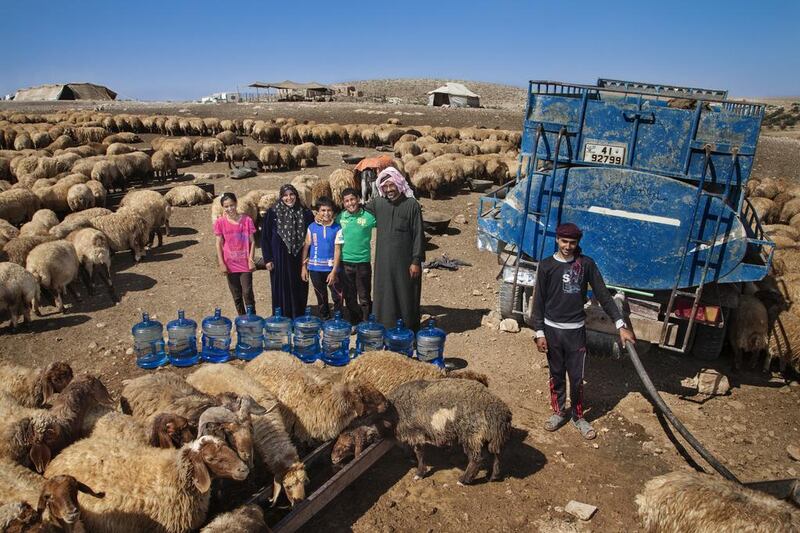The Islamic Development Bank (IDB) – the Jeddah-based multilateral development bank with a subcsribed capital of $33 billion – is launching a new fund which will provide seed money to innovative start-ups and SMEs, helping them implement development projects related to the UN’s Sustainable Development Goals.
The IDB’s new Transform fund, which has a target capital of $500 million, will run in tandem with a new online hub called Engage, designed to connect innovators to each other and assist them in developing their ideas.
Speaking exclusively to The National on Monday ahead of the launch in London on Tuesday, Dr Bandar Hajjar, President of the IDB, said that the Engage platform has been created in recognition of the crucial role that science and technology play in accelerating progress towards the UN’s Sustainable Development Goals.
“This is the first [hub] of its kind, and it will be connected with the globe as a whole, to benefit from the revolution of science, technology and innovation,” he said.
Both the platform and the Transform find will focus on projects related to six Sustainable Development Goals, namely greater food security, healthier lives, inclusive and equitable education, sustainable management of water, access to affordable and clean energy, and sustainable industrialisation across the developing world.
The new fund will ensure that innovators, start-ups and SMEs with the best ideas get access to financing for those projects, Dr Hajjar said.
It will provide up to $50,000 to $100,000 for individual projects, as well as funding partnerships between researchers and entrepreneurs that will tackle the world’s most pressing development challenges.
Ahead of the fund’s launch, senior IDB officials met with SMEs and NGOs driving development change in local communities in countries including the UAE, Turkey, Egypt, Morocco, Indonesia and Senegal.
“Their ideas were amazing,” said Dr Hayat Sindi, the IDB’s science and innovation advisor, who is currently a member of the UN Scientific Advisory Board. “They are making huge differences in their own communities, and I’m so happy to ask them to join and really fund their ideas.
“There are so many brilliant ideas around the world, which can help solve our challenges.”
Dr Hajjar added: “We want ideas that are out of the box… In fact, we want to remove the box altogether.”
He pointed out that countries like Singapore and South Korea lack natural and financial resources but they had had the vision to recognise the role of innovation as a driver for change.
_______________
Read more:
How did the Muslim world fall behind on science - and how can it thrive again?
Great and growing potential in green finance
Poverty is a global problem that requires a new kind of thinking
_______________
“It is very important to link development with science, technology and innovation,” he said. “We want to convince the decision makers in our member countries to reorient their development policy and to understand that the key source of economic growth is science, technology and innovation. It is no longer natural resources… especially now that we are talking about the fourth industrial revolution.”
The IDB will also sign two landmark MoUs on Tuesday to further its goal to nurture innovation.
The first, with the United Nations’ Economic and Social Commission for Asia and the Pacific, commits to build a global network of scientists, technologists, innovators, entrepreneurs and investors, and to nurture and scale high potential innovations to achieve sustainable and inclusive development.
The second, with the Shell Foundation, is a commitment to share market insight and investment opportunities to support social enterprises that are providing energy access and affordable transport for people in low-income areas.
The IDB hopes such partnerships will provide critical early-stage support to pioneer innovators, in the aim of lifting millions of people out of poverty and improving their quality of life.
“Our vision is to enable our member countries to achieve rapid and sustainable, inclusive and high economic growth,” Dr Hajjar added. “I believe the only way to achieve this is through science, technology and innovation.”






